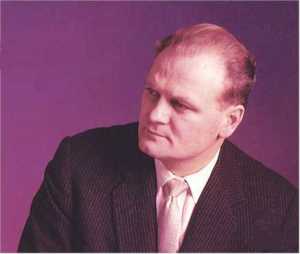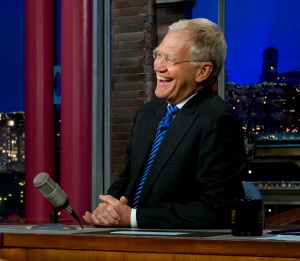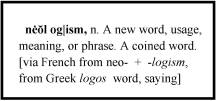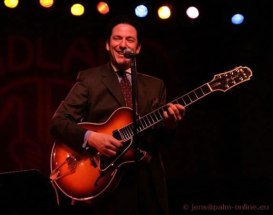I spent another night at the Rogers Centre watching the Blue Jays play the Minnesota Twins. I arrived late to my seats in the 519, thanks to yet another transit delay in a city collapsing under its own weight. A young man and young woman occupied the next pair over. A particular loud and funny beer vendor marketed his wares to the schmoes in the 520 (“over-priced malt-liquor, heeah! Who wants a pricey beeah…”). “That’s Dakota,” I said to my neighbours. “He’s hilarious.” It turned out that they were halfway through a summer quest to visit all 30 MLB ballparks; tonight’s tilt at the Ted was the T-dot’s turn (which is a lot of alliteration for a public-policy practitioner).
Reachelle Spieker and Patrick Smith are equal parts baseball enthusiasts and diehard Texas Rangers fans. (They’ve subsequently taken pains to inform me that they are not a couple, but just ‘good friends’. “Harry, meet Sally…”) They are couch surfing and driving across North America in search of the baseball quintessence that is ‘stitched in our souls’ (which is the working title of Reachelle book).
Baseball is the only game I know that breeds this kind of Grail quest, transforming playing fields into cathedrals worthy of pilgrimage. In an era redolent with speed and power, and with sports that amuse through brutality, baseball is the better angel that inspires reverence.
In some parks, that is. The Rogers Centre, the Dome, ‘the Ted’ – maybe not so much.
Still, I gamely related some “tales of the Ted”, including the infamous story of the lovemaking couple in the SkyDome hotel, as well as the inaugural Dome opening in a rainstorm that drenched some 50,000 Torontonians. I also lauded last Monday’s Canada Day game (which was a doozie) as well as the Fourth of July disaster when we got shellacked by Justin Verlander and the Tigers, on the same evening as the Rogers Centre twinks proclaimed it “Country Music Night”. (I think my quote was “An 11-1 shit-kicking, plus country music. Kill me now…”).
I also explained that Toronto, like other big NA cities, is brashly critical of each of our sports teams. Toronto’s local and national sports media eviscerate any squad or athlete that comes up short, be they hoopsters, wingers or batters. We’re not nice. Also, despite our apparent pluralist sophistication, Toronto is primarily a Canucklehead hockey town; baseball ekes a place as long as we see more World Series banners and fewer on-field flubs and less time in the AL East basement.
Toronto loved the team that night. Mark Buehrle pitched brilliantly, ‘Joey Bats’ scored a dinger, and the Dome opened like a summer dahlia half-way through the third inning. The 25,000 fans were chipper, we won 4-0, and it should have been a great night.
But I felt embarrassed by our park. The stands were dirty with bits of paper towel hanging like cellulose snot from the guard rails. The field bore the gridiron palimpsest of last week’s Argo game. I could see no handrail that didn’t need a lick of paint and the aforesaid overpriced food and beer tasted of corporate greed. As well, the night featured more snark than usual from the raucous chorus that is the 500 level, myself included. Hell, we were like, New Yorkers…gawd fohbid. But the beauty of a 160 game sked is you always get a 2nd chance at a first impression.
I’ll keep an eye on Reachelle and Patrick’s blogs (both are great writers, btw) to see how they (and we) fared. In the meantime I’m jealous of their passion for the game, and wish I had the time and gumption to join them.






